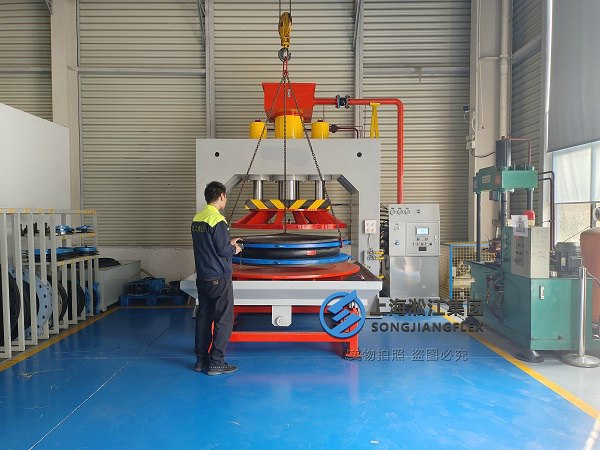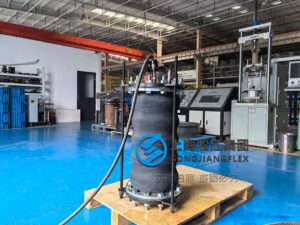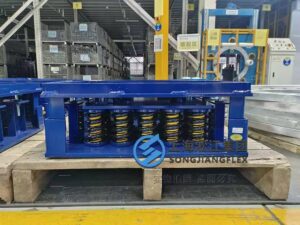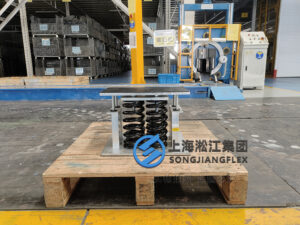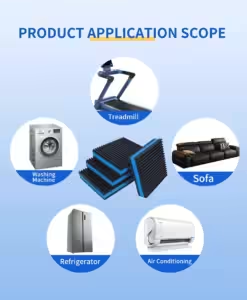Investing in a Hydraulic Testing Machine: Enhancing Quality and Precision at Our Factory
Our factory is thrilled to announce the addition of a hydraulic testing machine to our quality control lineup. This investment marks a significant step forward in ensuring that our products not only meet but exceed industry standards for durability, precision, and reliability. With this machine, we aim to further solidify our commitment to quality, providing clients with products that perform excellently under even the most demanding conditions.
Why a Hydraulic Testing Machine?
In manufacturing, maintaining quality at every stage is crucial, especially for products that undergo significant stress during use. Our hydraulic testing machine allows us to simulate extreme conditions by exerting controlled pressure on our products to detect any potential weaknesses or failure points. This step is critical, particularly for components involved in fluid dynamics, piping systems, and other industrial applications where integrity under pressure is a must.
Benefits of Hydraulic Testing
Enhanced Product Quality: With hydraulic testing, we can ensure that each product meets specific pressure and performance thresholds. This means better durability and reliability, which is especially valuable for products that operate in challenging environments.
Increased Efficiency: By identifying potential weaknesses early in production, we can minimize the risk of product failure. This proactive approach reduces the time and resources required for future repairs or replacements.
Compliance with Industry Standards: Many industries have stringent quality standards, and hydraulic testing helps us meet these. Our factory is dedicated to adhering to the highest standards, and this new machine is instrumental in ensuring consistent compliance.
Customer Satisfaction: By delivering more durable and dependable products, we foster greater trust and satisfaction among our clients. Hydraulic testing is an investment in the longevity and effectiveness of our products, which translates into tangible benefits for our customers.
How the Hydraulic Testing Machine Works
The hydraulic testing machine operates by applying high-pressure water to products, allowing us to measure their capacity to withstand stress without compromising their structural integrity. This controlled test can simulate real-world conditions, ensuring that the product will hold up under similar circumstances in use.
Looking Forward
Our team is already seeing the advantages this machine brings to our production process, from identifying production flaws earlier to enhancing the safety and reliability of our products. As we continue to optimize our operations with state-of-the-art technology, our focus remains on delivering exceptional value to our clients.
Adding this hydraulic testing machine is more than just an upgrade—it’s a testament to our factory’s dedication to quality and innovation. Through each investment like this, we ensure that our products remain at the forefront of performance and reliability. Keep an eye on our blog for more updates as we continue to grow and evolve to meet the needs of our clients and industry.
Testing Specifications:
Testing Diameter: DN700mm to DN1800mm
Testing Pressure:
DN700 to DN900: Up to 2.5 MPa
DN1000 to DN1800: Up to 1.6 MPa
Testing Heights: Single-wave and double-wave configurations
Key Features:
Triple-Cylinder Design: Equipped with two auxiliary hydraulic cylinders at 120T and a main hydraulic cylinder at 285T, delivering a combined downward force of 525T.
Rapid Testing: The testing platform has built-in sealing surfaces on both the top and bottom planes. Once the rubber expansion joint slides onto the testing platform, it can be sealed and tested immediately without needing additional blind plates, maximizing efficiency.
Computer-Controlled System: The system uses computer-monitored pressure sensors for water injection and pressurization. Each pressure stage is recorded by the computer, with leak detection alarms included. If no leaks are detected within the preset holding time, the system will automatically release pressure and mark the test as passed.
Testing Records: The computer stores all testing data, and test results can be printed if required by the client.

